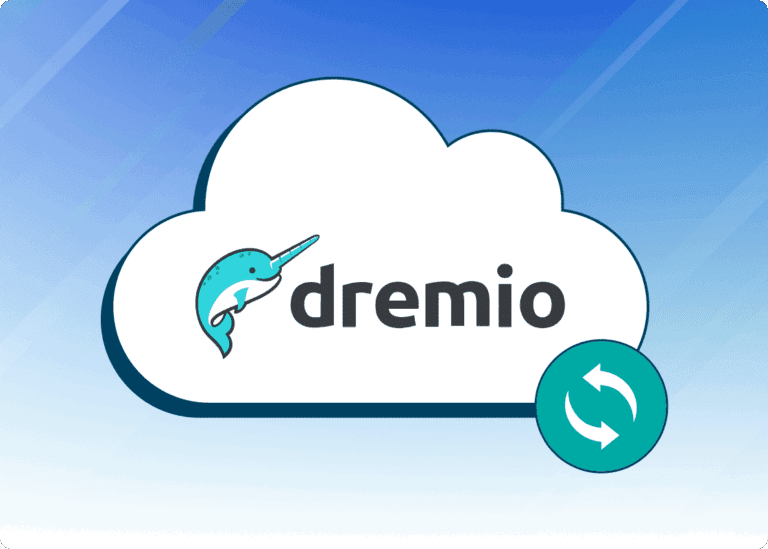Dremio is launching a fully managed cloud version of its data lakehouse platform. Dremio Cloud uses AI agents to perform configuration and optimization largely autonomously. The company promises that this will make data engineers ten times more productive.
The new version of Dremio Cloud uses AI agents that continuously monitor and optimize the architecture. These agents learn in real time and adjust settings without human intervention. The goal is clear: data engineers should be able to focus on valuable tasks instead of maintenance work.
The platform’s basis remains the same. Dremio’s Open Catalog, based on Apache Polaris, provides data governance. The Intelligent Query Engine provides access to both structured and unstructured data. An AI semantic layer prevents hallucinations by providing context to the data.
Active metadata drives autonomous operations
With the cloud version, Dremio introduces an active metadata system. This system analyzes query patterns, data relationships, and usage trends to make autonomous decisions. The company calls it a “living intelligence layer” that can predict problems before they arise.
Dremio Cloud automatically creates wikis and labels for tables and views, making it easy for people to check data quality. An automated clustering feature restructures data layouts in real time to optimize query performance.
Users can interact with the platform via a chat interface without any knowledge of SQL. The platform also supports the open-source Model Context Protocol, allowing AI agents from OpenAI and Anthropic to connect.
Free trial with $400 in credits
Dremio positions its cloud platform as a response to the growing demand for autonomous AI systems. CEO Sendur Sellakumar says the platform fundamentally changes how data architectures operate. “By embedding intelligent, autonomous capabilities into a managed platform, Dremio Cloud eliminates the manual overheads that plague data teams,” Sellakumar said.
The company offers new users $400 in credits to try out the platform. Sellakumar expects the autonomous capabilities to develop further in the future. “As our agentic autonomous capabilities evolve, they will increasingly operate as coordinated agents themselves, creating a truly self-managing data ecosystem.”
Tip: Databricks introduces Lakehouse for Media & Entertainment
